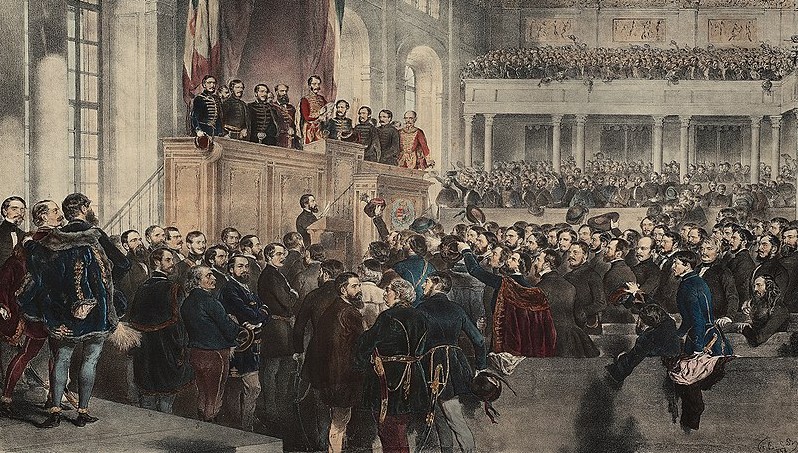
Bulgaria’s New Minimum Wage Mechanism Needs Urgent Repair
At the end of last week, the current proposal for changing the minimum wage level was published. It is interesting for several reasons, mainly because, for the first time, the new mechanism for determining the minimum wage is applied, linking it to the dynamics of the average wage. This, in the context of high inflation and the subsequent rapid growth of wages, leads to its largest nominal increase in the last two decades.












